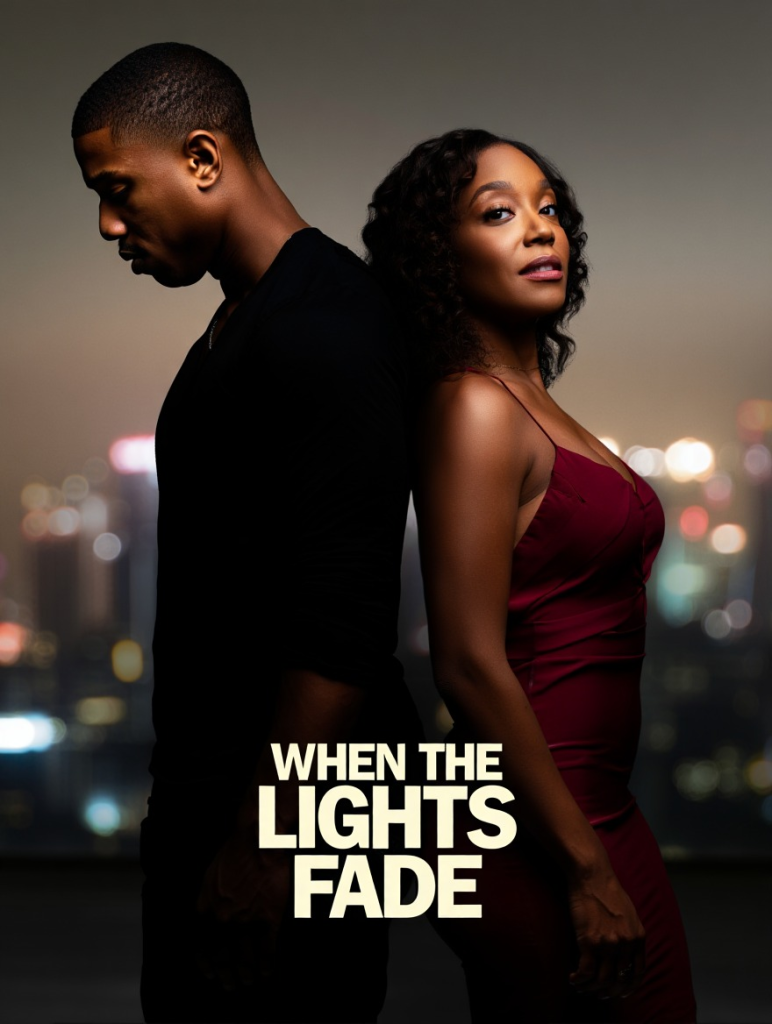When the Lights Fade (2025) is a haunting psychological drama that explores memory, identity, and the fragile boundaries between reality and delusion. Set in a quiet, coastal town shrouded in fog and silence, the film follows Evelyn Harper, a once-celebrated stage actress who has retreated into isolation after a mysterious breakdown during a performance years earlier.
Now in her late 50s, Evelyn lives alone in an old Victorian house, where the echoes of her past — both glorious and tragic — seem to inhabit every room. As the town prepares to tear down the historic theater where she once captivated audiences, Evelyn begins to experience strange visions: shadowy figures, whispered lines from forgotten scripts, and fleeting memories that don’t quite add up.

When a young journalist, Theo, arrives to write a retrospective on the theater’s legacy, he seeks Evelyn’s insight. What begins as an interview slowly becomes a complex psychological dance between the two, as Theo uncovers layers of Evelyn’s history — including the disappearance of a fellow actor during her final show and the unresolved grief surrounding it.
As Evelyn’s grip on the present slips, the film blurs the line between stage and life. Flashbacks, hallucinations, and fragmented monologues interrupt the narrative, immersing the audience in Evelyn’s unraveling mind. Is she haunted by guilt, or by something more literal? Is Theo a reporter — or part of the performance still playing out in her head?
With moody, atmospheric cinematography and a minimalist yet evocative score, When the Lights Fade is as much a psychological mystery as it is a meditation on aging, regret, and the illusions we cling to when reality becomes too painful to bear.
In a haunting final sequence, Evelyn returns to the abandoned theater one last time, reenacting a scene from the play that ended her career — but whether it’s a moment of closure, madness, or both is left intentionally ambiguous. The lights fade, and with them, the lines between fiction and truth disappear.
When the Lights Fade is a slow-burning, emotionally complex film that rewards patient viewers with a portrait of a woman at the edge — of memory, of legacy, and of her own carefully crafted reality.

